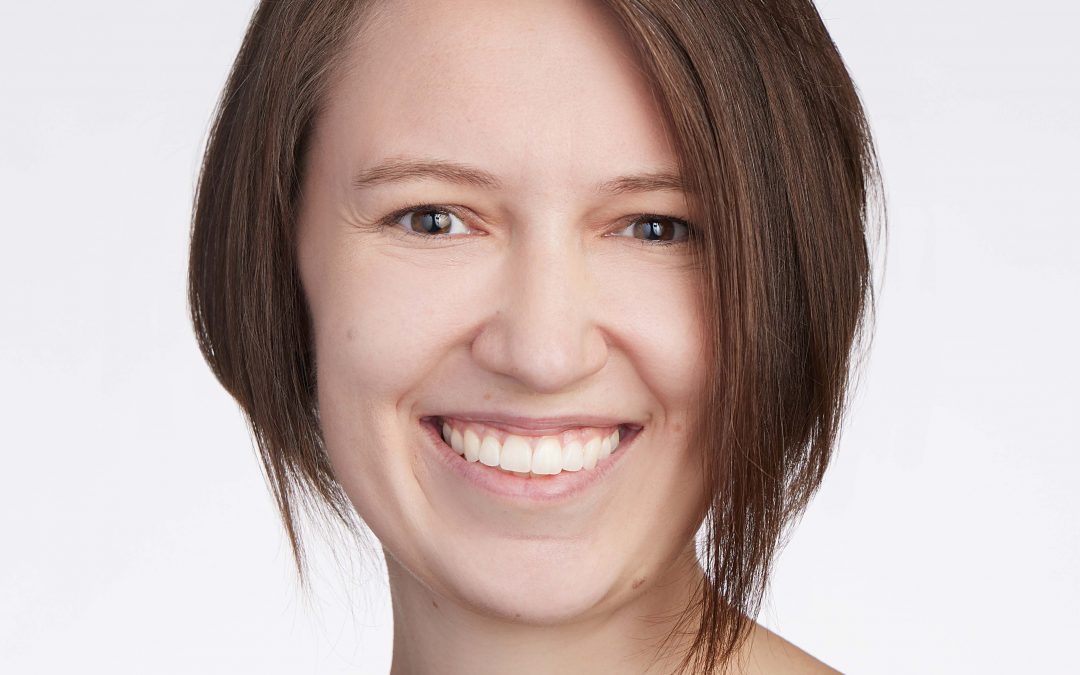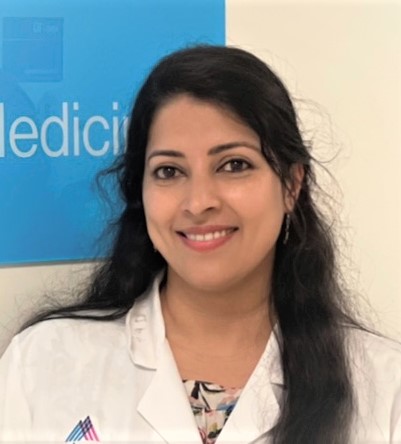
Can you provide a brief overview of your background?
I joined the Researcher Engagement and Support team at the Scientific Computing and Data Division in 2022. I hold a Ph.D. in Computational Chemistry from Indiana University Bloomington and am currently a Ph.D. candidate in Science Education, making me a 1.5 Ph.D. professional. I joined Mount Sinai to leverage my dual expertise in computational science and education to further interdisciplinary research and innovation. Initially, my work focused on triage, assisting researchers in accessing our data services. In 2023, I transitioned to back-end operations, aiming to enhance service efficiency by optimizing data workflows and implementing innovative solutions. One of my key projects involved collecting and analyzing publications supported by Scientific Computing and Data. I integrated internal data (e.g., Mount Sinai personnel, Sinai Cloud Chart of Accounts) and external data (e.g., NIH RePORTER, PubMed, OpenAlex) to tailor communications and demonstrate the impact of our services.
What has inspired you to take on your current role here at Mount Sinai?
My career has always been driven by my interests and passion for learning. While pursuing my Ph.D. in Computational Chemistry, I discovered a deep passion for teaching, which led me to undertake a second Ph.D. in Science Education. I believe that user support is inherently educational. By supporting researchers at Mount Sinai, I am constantly exposed to cutting-edge scientific discoveries across a wide range of topics. This role allows me to witness the entire process of scientific discovery, from the emergence of research ideas to their implementation and the underlying assumptions. This experience resonates deeply with my research interest in the Nature of Science and Technology within Science Education. Being part of this dynamic environment at Mount Sinai inspires me to contribute to and learn from the ongoing scientific advancements, aligning perfectly with my dual expertise and passion for education and research.
What impact do you hope to make through your work?
My goal is to enhance the efficiency and effectiveness of our services, thereby empowering researchers to achieve groundbreaking discoveries. I believe that technology should be adapted to meet the diverse needs of its end users, rather than requiring users to overcome steep learning curves. I would like to enhance our services in the following two areas: (1) automating repetitive tasks (2) customizing user experiences.
Is there any specific message that you’d like to share with our readers?
Even if you are not conducting research yourself, there are many opportunities to become part of the larger community that supports medical research and helps move scientific progress forward.
ConduITS is supported by NCATS of the NIH’s CTSA Program. Any use of CTSA-supported resources requires citation of grant number UL1TR001433 awarded to ISMMS in the acknowledgment section of every publication resulting from this support. Adherence to the NIH Public Access Policy is also required.


